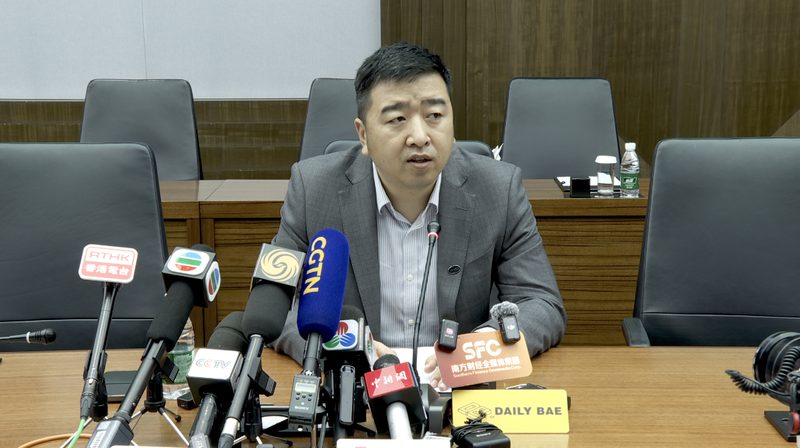Global trade is facing headwinds. As protectionist measures rise from tariffs to local content rules, companies must rethink how they compete across borders. BYD, one of the world’s leading electric vehicle makers headquartered in the Chinese mainland, is rising to the challenge.
Instead of retreating, BYD is doubling down on homegrown innovation and forging strategic partnerships worldwide. At its core are self-developed technologies – battery cells, electric motors, and integrated software – that give it flexibility to adapt to shifting regulations.
- R&D and tech mastery: BYD has built a fully in-house stack, reducing dependence on external suppliers and smoothing regulatory hurdles.
- European footprint: A factory in Hungary serves as a gateway to EU markets, streamlining supply chains and aligning with local standards.
- Latin American expansion: In Brazil, a new plant brings production closer to customers, partnering with local distributors and energy providers.
“We’ve seen a clear shift in policy demands,” says a local partner in Hungary. “BYD’s ability to combine its own tech with local assembly keeps costs down and ensures compliance.”
In Brazil, a regional distributor adds “BYD’s collaborative model, tapping regional supply chains, is accelerating EV adoption and proving that cooperation can outpace barriers.”
As protectionism shapes the future of global trade, BYD’s approach may serve as a blueprint for others. By leveraging homegrown strengths while building local alliances, companies can turn barriers into springboards.
What do you think? Could this be the new playbook for global expansion under protectionist pressures? Share your views below.
Reference(s):
GBA's Trump Card: What do BYD and partners say about protectionism?
cgtn.com




